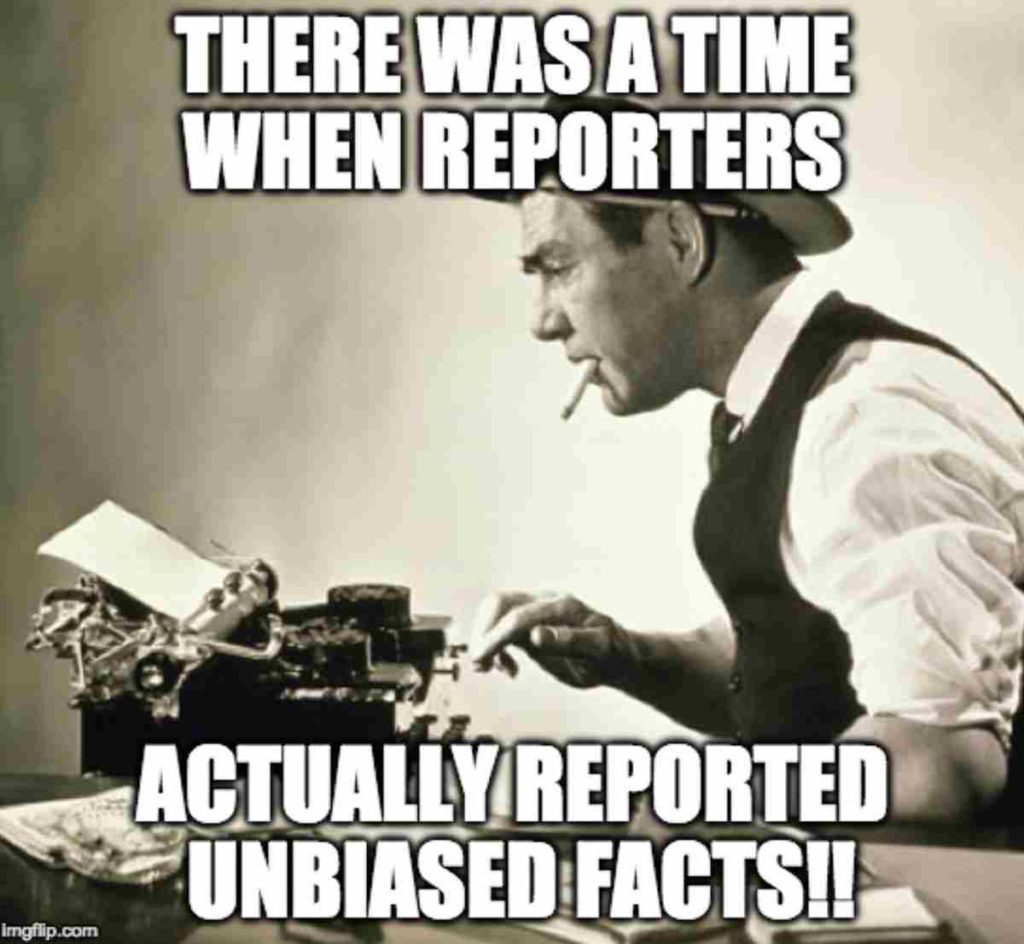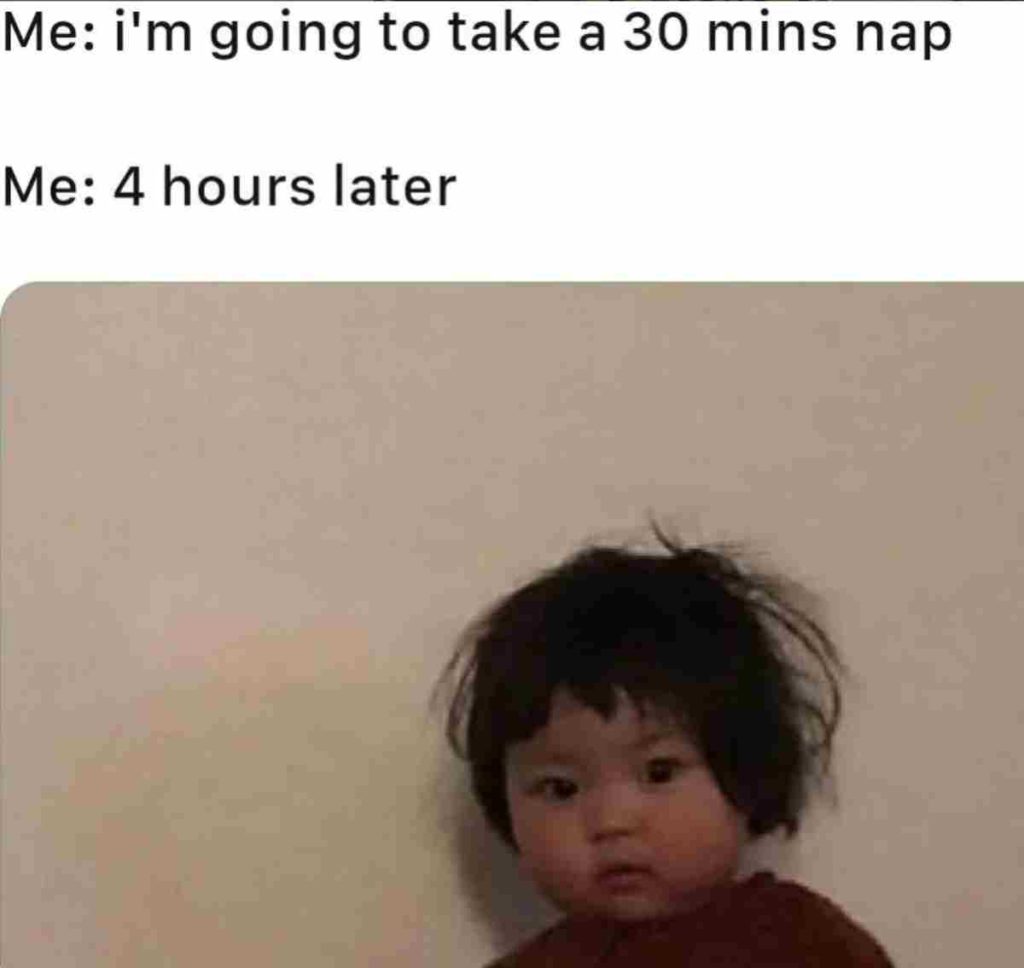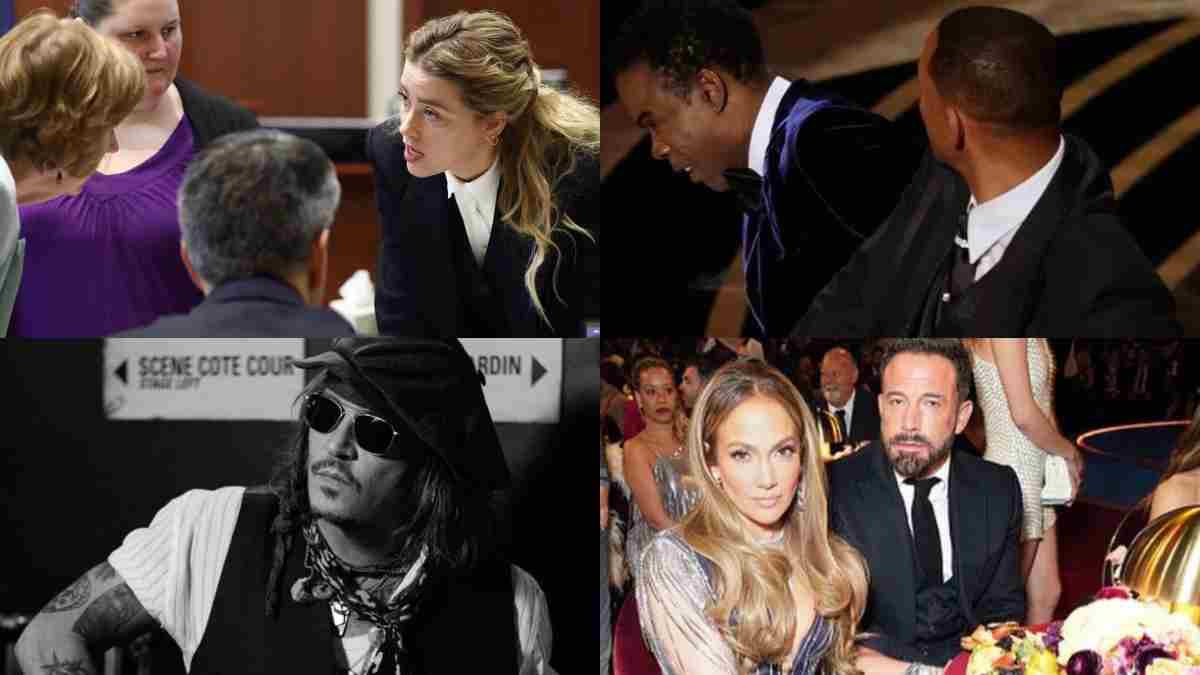INDIA: In the internet age, memes have become ubiquitous in communication and cultural expression. But what are memes, and how have they come to play such an important role in modern pop culture? Memes have become an integral part of modern pop culture, often serving as a form of communication and a way for people to connect online.
The internet meme culture has evolved significantly over the years, with people sharing, remixing, and creating memes to express their emotions, opinions, and observations.
Memes are essentially digital content, typically images, videos, or text, spread virally through social media platforms and other online channels. Memes are often characterized by their humorous nature, and they often employ irony, satire, or sarcasm to comment on current events or social issues.
Memes and their political and social impact
One of the reasons for the popularity of memes is their ability to tap into shared cultural references and experiences. Memes often reference popular TV shows, movies, music, and other aspects of pop culture, allowing users to connect over their shared interests and experiences.
Moreover, memes have become a means of communication for younger generations. Memes allow young people to participate in online conversations and engage with others in a fun and lighthearted way.

But memes also have a political and social impact. They have become a powerful tool for political and social commentary, with memes used to raise awareness about important issues and spark public debate. For example, during the 2020 presidential election in the United States, memes played a significant role in shaping public opinion about the candidates, with many memes focusing on the personalities and policies of the candidates.


Memes can also bring attention to social justice causes or celebrate moments of triumph or resilience. For example, after the murder of George Floyd in 2020, memes emerged on social media that highlighted the ongoing struggle against police brutality and systemic racism in the United States.
Internet meme culture
The impact of memes on pop culture is evident in the way that they have infiltrated mainstream media. Memes are often referenced in TV shows, movies, and advertisements and have even been used as a marketing tool by brands seeking to connect with younger audiences.
The Internet meme culture is a constantly evolving phenomenon. As new cultural trends emerge, so do new memes. The rise of social media platforms like Instagram, TikTok, and Twitter has only accelerated the growth of memes as a means of expression and communication.


However, it is important to note that not all memes are harmless. Some memes can be offensive or perpetuate harmful stereotypes. Others can be used to spread false information or conspiracy theories, leading to real-world consequences. As such, it is essential to approach memes with a critical eye and consider the potential impact of sharing or creating them.
In conclusion, memes have become an integral part of modern pop culture, providing a means of expression, communication, and social commentary for people worldwide. While their impact is undeniable, it is important to be mindful of the potential harm that memes can cause. As internet culture continues to evolve, so will the role of memes in shaping the conversation and reflecting the zeitgeist of our time.
Also Read: Mario Day Celebrates Gaming Icon’s Legacy and Pop Culture Status



